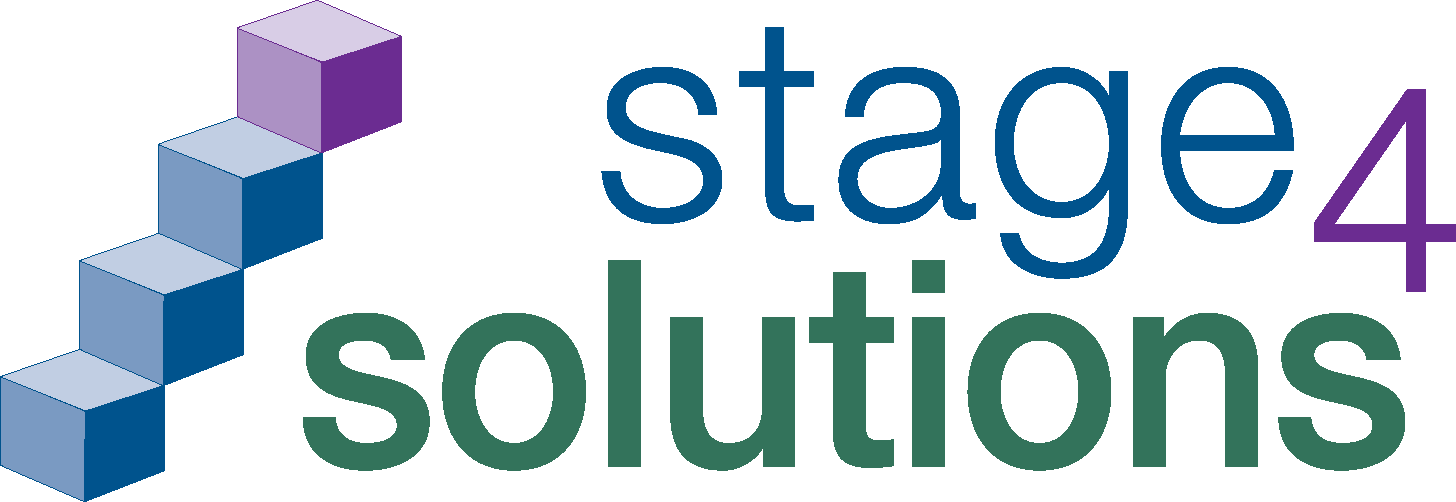AI as a Strategic Partner: Redefining Leadership for the Future
- November 18, 2024
- Posted by: Selen Warner
- Category: Blog

As AI redefines the way we live and work, it is also transforming the demands on leadership. A recent Korn Ferry study uncovered that over 82% of CEOs and senior leaders recognize AI’s profound impact on their businesses, emphasizing the need for leadership to take a more central role. The future of effective leadership lies not in replacing human capabilities with AI but in using AI to elevate and empower them. Today’s leaders are no longer just tasked with making high-stakes decisions; they are called to integrate AI into their strategies to foster adaptability, efficiency, and deeper human connections. This shift requires a balance between human intuition and AI-driven insights, creating a dynamic that many are calling the era of augmentation.
AI as a Leadership Empowerment Tool
AI’s true potential in the workplace is not automation, instead, it is centered on enhancing human capabilities. Today, AI is a strategic tool for not only gathering insights but also building stronger connections with customers and teams and planning for the future.
AI can quickly analyze data and detect patterns that might be missed through traditional methods, empowering leaders to make more informed, timely decisions that are aligned with organizational goals. Moreover, AI can help leaders become more emotionally aware, empathetic, and consistent by identifying areas where team members may need additional support, allowing leaders to better understand and respond to individual needs.
AI is also playing an increasingly vital role in succession planning by enabling organizations to identify and develop future leaders more efficiently. Tools leveraging AI can analyze extensive data to identify high-potential employees who may otherwise be overlooked through traditional methods. These systems provide deeper insights into employee performance, skills, and leadership capabilities, creating more accurate leadership pipelines. Furthermore, AI-driven platforms allow for personalized development plans that can boost employee engagement by offering tailored growth opportunities. This integration has the potential to revolutionize how businesses align their succession planning with overall strategic goals.
When leaders embrace AI, they foster what is known as “co-intelligence.” In this way, AI becomes a partner to human leadership, helping leaders to focus on high-value activities and nurturing human relationships while becoming more adaptable and empathetic, ultimately making teams more effective, insightful, and creative. When done right, this blending of human and AI strengths has the potential to enhance the human touch. The future of leadership lies in the hands of those who see AI not as a replacement but as a powerful catalyst that strengthens cognitive and emotional leadership skills.
The Role of Leaders in AI Integration
Leadership in the AI era demands that leaders actively engage with AI—not as a project reserved for the IT department but as a core component of business strategy. According to MIT Sloan’s senior lecturer Paul McDonagh-Smith, leaders should focus on embedding AI into the organizational vision by addressing AI as a strategic asset that supports operational efficiency, innovation, and a culture of continuous learning. Taking a proactive role in AI integration means leaders can ensure AI aligns with long-term goals and cultural values. This involves understanding the ethical implications of AI, from addressing data privacy concerns to preventing algorithmic bias. By building a responsible framework around AI usage, leaders safeguard their organizations while setting an ethical standard that builds trust among employees, customers, and stakeholders.
McDonagh-Smith advocates a “fast-and-slow” approach, allowing for quick, experimental AI projects alongside a steady long-term plan. This balance enables organizations to build AI capabilities incrementally while aligning with larger business goals. Responsible AI practices are crucial, with oversight mechanisms and bias detection built into AI strategies, ensuring ethical use while enhancing brand integrity.
MIT Sloan also highlights the value of creating an “AI playbook,” a roadmap for AI that integrates ethical standards, strategic priorities, and continual learning for employees. By organizing workshops, knowledge-sharing forums, and team collaboration projects, organizations can empower every leader to work with AI effectively and responsibly. A leadership community prepared to adapt to AI fosters resilience and growth, helping businesses stay agile and innovative. Creating a culture of shared learning, mentorship, and openness to advancements allows diverse perspectives to shape AI projects, making them more resilient and adaptable to organizational needs.
Embracing AI with Stage 4 Solutions
Integrating AI into business operations and leadership requires more than just technology; it demands expertise and thoughtful strategy. Stage 4 Solutions understands that embracing AI is a journey and provides the essential resources and expertise needed to navigate it. As a trusted staffing partner, we help organizations bridge critical skill gaps ensuring leaders and teams can unlock AI’s full potential. Please let us know how we can support your organization in the era of augmentation.

